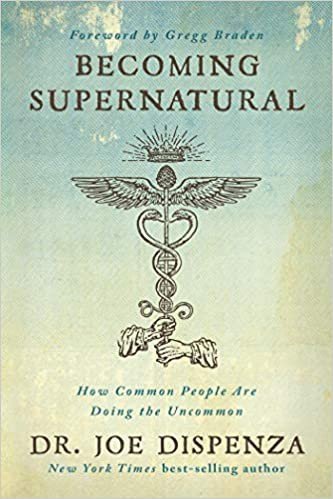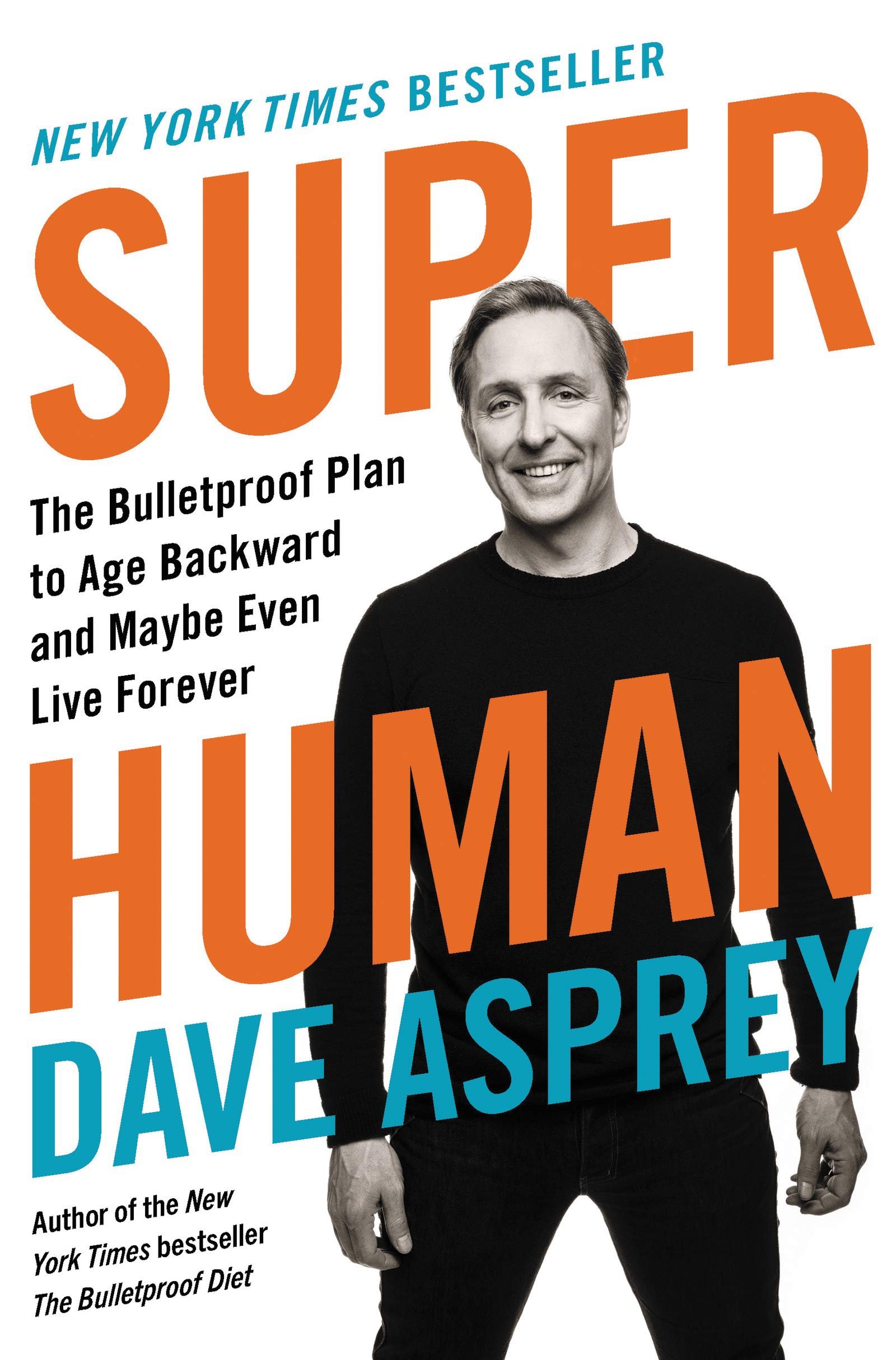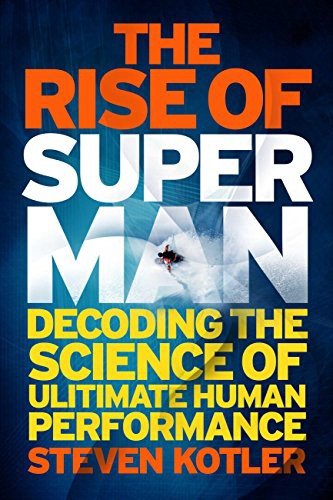1) Introducing ‘Spiritual Eugenics’
By eugenics I refer to a programme, launched in 1883 by Francis Galton, to improve the genetic quality of human beings, through negative eugenics (preventing those deemed genetically unfit from passing on their genes, either through voluntary or involuntary sterilization, confinement, or extermination) and through positive eugenics (encouraging those deemed genetically fit to pass on their genes more, through breeding with others deemed fit, or through donating their seed to ‘genius sperm banks’).
Many nations around the world pursued eugenic policies from the 1900s to the 1970s, with the United States leading the world in the 1920s and Nazi Germany following its lead in the 1930s and 1940s. Starting in the 1980s, this cruel and ineffective scientific programme to steer human evolution received a boost from genetic editing technologies, which began to make it possible to alter the genes of human foetuses, and reignited the dream of engineering superbeings.
The contemporary debate over eugenics is remarkably lively, considering the eugenic movement had its heyday in the 1930s and most countries ended policies of enforced sterilizations by the end of the 1970s. Despite this, eugenics is still hot news.
In July, the state of California passed a law granting reparations for its eugenic programme, which sterilized 20,000 people from 1909 to 1979. Several American and British universities have undergone historical reckonings in the last five years with their legacies of eugenics (see the examples of Virginia, Harvard, Berkeley, UCL, Stanford, Vermont, Yale and Indiana University’s recent apologies, renaming of buildings or streets, and student-led examinations of their eugenic-promoting pasts). So have philanthropic organisations like the Ford and Rockefeller Foundations, and any organisation named after a eugenicist, such as Marie Stopes International, recently renamed MSI Reproductive Choices. Several universities have recently held conferences dedicated to ‘dismantling eugenics’, as if it’s an ongoing issue.
When so much else is going on — the climate crisis, the migration crisis, inflation, COVID — why this intense focus on a discredited historical project, and on people and events of centuries past?
It emerges, one presumes, from the Black Lives Matter movement and the racial ferment caused by the Trump presidency. There has been a reopening of historical wounds, and a witch-hunt through the past for anyone who expressed racist or eugenicist opinions, guided by the suspicion: is western culture fundamentally racist and White Supremacist?
In Bristol, where at the height of the pandemic a statue of an 18th-century slaver was thrown into the harbour, I remember seeing a sign in one house window quoting Kendrick Lamar: ‘I can see the evil’, it read. During the plague, we have been busy searching for evil demons that we can ritually eject into the harbour.
The movement to expose the cultural legacy of eugenics is also driven, in part, by a new generation of student activists, who are genuinely shocked to discover how popular eugenics was throughout pre-war intellectual culture in the West. Because so many venerable American universities have some link to eugenics, it’s an easy way to shake the tree, and see who or what falls out. Also, perhaps, there is a sense that western cultures are still eugenic, and that be exposing the past, we can improve the future. I’ll come back to this point.
On New Age spirituality, spiritual evolution, and spiritual eugenics
For the last 18 months of the pandemic, I have been researching the overlap between New Age spirituality and eugenics. I came across this connection by accident, when I was researching the life and ideas of Aldous Huxley. Through reading the work of my former tutor, David Bradshaw, I discovered that, around the time he was writing Brave New World in the late 1920s, Aldous was a virulent supporter of eugenics. I put this down to the influence of his brother, the public scientist Julian Huxley, who was a leading figure in the British eugenics movement.
But, as I researched the ‘cultic milieu’ in which Aldous lived and worked, I realized how many other figures in the New Age occulture, broadly configured, voiced support for eugenics at some point in their careers. Theosophical leaders like Madame Blavatsky, Annie Besant, Lady Emily Lutyens, and Rudolph Steiner wrote of the evolution of superior races and the inevitable dying off of inferior races, and sometimes called for eugenic policies to aid this process. Aleister Crowley, WB Yeats, and several other members of the Order of the Golden Dawn also enthusiastically embraced eugenics as a means to develop a master-race of superbeings. So did members of the Society for Psychical Research, an important organisation for the Modernist New Age — several of the SPR’s presidents and leading figures, such as Arthur Balfour, William McDougall and FCS Schiller, were also leading members of the Eugenics Society, as were psychical researchers in other countries, like Nobel prize-winners Charles Richet and Alexis Carrel.
Other pre-war pioneers of what would become the human potential movement, such as Richard M. Bucke (author of the 1901 book Cosmic Consciousness), also supported eugenics. So did Modernist bohemian seekers like DH Lawrence, Ottoline Morrell, HG Wells, Gerald Heard, and the Huxley brothers (see John Carey’s The Intellectuals and the Masses on this). So did Sir Julian’s friend, Teilhard de Chardin, who would be a great influence on the contemporary New Age movement. So did modernizers of yoga like Sri Yogendra and KV Iyer. All these figures supported eugenics in some form before World War Two, by which point the Nazis had given eugenics a bad name.
But even after the war, one still encounters the eugenic dream of the evolution of superbeings, particularly in the Californian counterculture. One finds it in human potential psychologists including Abraham Maslow, William Sheldon and Gardner Murphy, and in the teachings of international gurus like Swami Prabhupada of the Hari Krishna movement and Bhagwan Rajneesh (Osho). Aldous Huxley was still promoting eugenics in his public lectures on human potential of the late 1950s. Many readers fail to notice that his last novel, the hippy utopia Island, shares one thing in common with Brave New World written 30 years earlier — both are blueprints for a eugenic society.
Many other New Age figures in the second half of the 20th century espoused a form of evolutionary spirituality in which a small elite are supposedly evolving into superbeings. This idea is at the heart of the human potential movement and much of New Age culture. The flipside of this dream is the belief that many humans, perhaps most, are not evolving, they may even be degenerating, and this mass of subhumans must be left behind or dealt with in some way, as the small spiritual elite evolve into superhumans.
After World War Two, one rarely hears public calls for the involuntary sterilization or extermination of the unfit in New Age culture — only Osho would be so outspoken. But Osho was not the only New Age teacher to call for some sort of global regulatory body of meditating eugenicists who would approve who gets to breed and who doesn’t — Abraham Maslow privately voiced support for such a scheme. Terrence McKenna imagined alien intelligences steering the course of human evolution by influencing who bred with who, so that the wise breed with the wise. Timothy Leary assured his psychedelic followers that they were evolutionary mutants, a new type of human, sharing nothing in common with the average human. ‘Find the others’, he advised.
In today’s New Age culture, one still often finds the dream of personal and collective evolution into superhumans. Ken Wilber, a leading figure in transpersonal psychology, sells an online course called Superhuman OS, aimed at the spiritual elite. It assures its online customers:
A small percentage of the world (approximately 5%) is breaking through to a new stage of human evolution. When you reach this new “self actualization” stage (and the stages that exist beyond it), you experience a substantial increase in efficiency, effectiveness, and capability far beyond that of the average person. This is why this new level of development is referred to by some as ‘superhuman’, and you are standing at the front door to this new way of living, this new way of being.
Deepak Chopra, Barbara Marx Hubbard and several other New Age thinkers are founding members of an organization called Evolutionary Leaders, dedicated to steering humanity’s shift into superhumans. Both Barbara Marx Hubbard and her mentor, Buckminster Fuller, believed they were the cosmically-appointed vessels for the spirit of ‘evolution’, sent to help humanity evolve (or some humans, anyway). Various spiritual influencers offer courses, today, in ‘DNA activation’ — you can fulfil your divine genetic potential by meditating, chanting, and taking certain supplements.
Meanwhile, eugenics as a scientific programme morphed into ‘genetic enhancement’, a field which is alive, well, and living in California. There, organisations like the Salk Institute are trying to find the genes (human or animal) that can create superhumans. One sometimes meets the dream of genetic enhancement in New Age spirituality, but more often it’s found in an adjacent cultural neighbourhood — the world of transhumanism and biohacking, where people (usually men) turn to technologies ranging from psychedelics to neuroenhancers, from stem cell injections to gene editing to try and reverse ageing, optimize performance, hack death and become gods. These techniques are then sold in books and courses with titles like Superhuman: The Bulletproof Plan to Age Backwards and Maybe Live Forever; or The Rise of Superman: Decoding the Science of Ultimate Human Performance.
At the very least, the belief that you and a handful of people like you are evolving into superhuman gods leads to an unpleasant sense of spiritual elitism, self-inflation, and contempt for those deemed unfit or ‘less evolved’. At worst, it can lead to ableism; disregard for the weak, sick or vulnerable; racism or misogyny, and hierarchical dominator politics.
Why does one find this streak of eugenics in New Age spirituality? Over the next series of posts, we’ll explore that question. We’ll begin by looking at the proto-eugenic tendencies in spiritual and religious traditions before the late 19th century. Then we’ll explore how eugenics and the New Age both emerged at the same time, in the ‘mystical revival’ of the 1880s, out of the moral and theological crisis provoked by the triumph of Darwinism. Both eugenics and New Age spirituality discovered a new post-Christian, Darwinian moral frame and teleology in the evolutionary dream of superbeings.
We’ll examine how Friedrich Nietzsche’s vision of the coming superman fused with eugenics in the 1900s to create a new and very influential ‘science-religion’, which profoundly shaped New Age occulture from the 1880s to the 1930s, feeding into the ideology of Nazism which arose out of the German occulture.
We’ll then explore how ‘spiritual eugenics’ survived and quietly prospered in the Californian counter-culture of the 1950s to the present day. We’ll look at how eugenics morphed into genetic enhancement, led by Californian scientists and entrepreneurs from the 1980s on. And we’ll consider how the dream of spiritual superbeings is still with us today, in New Age spirituality, transhumanism, biohacking and the broader wellness industry.
Aims of the project
What’s the aim of this project? My first aim is simply to inform. I was personally surprised to uncover the eugenic streak in New Age spirituality and I want to share my research. But my ethical aim is also to warn how ideas of spiritual evolution can lead to toxic elitism, self-inflation, narcissism, and contempt for those deemed ‘less evolved’. I think this is still a big problem in my culture (New Age spirituality), and we ascended 5D light-workers need a strong dose of humility.
What I am not trying to do is simply debunk or denounce New Age culture, and to haul the spirits of various long-dead teachers into a celestial court-room, to sentence them and cast them into the outer darkness.
Eugenics emerged out of a deep human tendency to classify humans into Good and Bad, Pure and Polluted. It also emerged from the ancient dream that if we could just clean up impure humanity, and eliminate the evil and imperfect ones, we could create a perfect world. I see a similar tendency on both the far right and the far left today. Our brains love to collapse history into simplistic narratives with clearly demarcated heroes and villains. For example, on the one side, the righteous warriors of Anti-Racism, Anti-Imperialism, Feminism, LGBTQ+ rights, Indigenous rights, Anti-Capitalism and Intersectionality. On the side of darkness, White Supremacy, Patriarchy, Privilege, Capital and the Global North. With such clear heroes and villains, historical scholarship is an easy task — one simply tracks down anyone who expressed any support for eugenics and packs them off to the gulag of the damned.
But history is not a comic book. It’s a messy, morally-complicated business populated not by angels and demons but by flawed human beings. It is no straightforward thing to purge eugenics from contemporary western culture. It still deeply shapes our culture, our values and ideals, our attitude to reproduction, and how we measure physical and mental success. The history of birth control and abortion is deeply tied to eugenics, along with the history of the early feminists who championed birth control as a means to female liberation. The histories of exams, IQ tests and other forms of mental and physical testing are also inextricably intertwined with eugenics. So are the histories of the environmentalist and ecological movement, and the global effort to control human population. These movements are not all bad, from a liberal perspective.
We will certainly meet White Supremacist and fascist eugenicists, but we will also meet Hindu eugenicists, anti-racist eugenicists, feminist eugenicists, queer eugenicists, communist eugenicists, environmentalist and ecological eugenicists, cosmopolitan and pacifist eugenicists. As the leading historian of eugenics, Alison Bashford, has consistently argued, the story is complex and does not fit neatly into ‘right versus left’ boxes.
The history of eugenics is also woven into the modern genetic revolution, which is already transforming our culture, values and sense of identity. You may dismiss the dream of engineering superbeings as eugenic or fascist. Are you, then, against using genetic editing to eliminate certain inherited diseases which cause an enormous amount of suffering? Are you against using genetic testing to give mothers the option to abort Down Syndrome foetuses? Are you against using genetic technology to develop vaccines, like the Moderna RNA vaccine? Are you against personal DNA testing to improve medicine? Or a parent’s ability to choose their child’s gender, or eye colour, or height? Or intelligence?
The line between genetic medicine and genetic enhancement is blurred. After all, COVID-vaccinated liberals are now ‘fitter’ than the unvaccinated right, we are likely to live longer and suffer less cognitive and physical damage, and we also enjoy legal, commercial and cultural advantages over the demonized unvaccinated. In other words, we are the ‘fit’, cognitively, biologically and morally superior to the unvaccinated. What I am suggesting is that the legacy of eugenics is more widespread and morally complex than we may realize.
The eugenic situation today is not so much one in which the powerful force the powerless to be sterilized (although this still happens in some parts of the world). Rather, it’s that the rich and powerful have access to genetic medicine and enhancement technologies for themselves and their families which the poor and powerless do not.
Do we object to genetic enhancement in general, or to the uneven and unfair distribution of these technologies? If someone suggests an equitable distribution of genetic enhancement technology, like Toby Young, they are immediately denounced as eugenicist. Which they are, of course. They are suggesting that social, educational and economic outcomes are somewhat determined by genetics — a taboo statement on the left.
I hope this research project improves our understanding of the depth of the influence of eugenics over our culture, specifically over New Age culture, in order to challenge my culture’s tendency to spiritual elitism and narcissism. But we should recognize we are still very much a eugenic culture. We choose to be so — liberals more than anyone, through their support for the abortion of disabled foetuses. As we grapple with the question of what genetic technologies we accept and desire as a culture, we are not in a world of clear moral absolutes, bur rather messy ethical dilemmas and trade-offs.
Next week, we will begin the story by looking at the proto-eugenic aspects of religions and spiritual movements before the 1880s, when eugenics first appeared as a movement.
I am providing my research for free. If you use it or refer to it, please link to the Spiritual Eugenics homepage and refer to Jules Evans’ Spiritual Eugenics project (2021).






